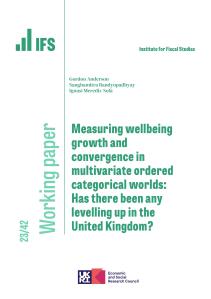The question of how inequality is generated and how it reproduces over time has been a major concern for social scientists for more than a century. Yet the relationship between inequality and the process of economic development is far from being well understood. In particular, for the past forty years conventional economic wisdom on inequality and growth has been dominated by two fallacies. On the effect of inequality on growth in market economies, the standard argument is that inequality is necessarily good for incentives and therefore good for growth, although incentive and growth considerations might (sometimes) be traded off against equity or insurance aims. On the reverse causal relationship from growth to inequality, the conventional wisdom is that inequality should obey the so-called Kuznets hypothesis whereby income inequality and GNP per head have an inverted U-shaped relation. The aim of this survey is to challenge the conventional wisdoms on inequality and growth, which cannot explain recent empirical evidence. Our analysis remains within the framework of neoclassical economics. However, the introduction of additional aspects such as credit market imperfections, moral hazard, non-neutral technical and organisational change, and labour market institutions, gives a more complex and, we believe, more realistic picture of the relationship between inequality and economic growth.









